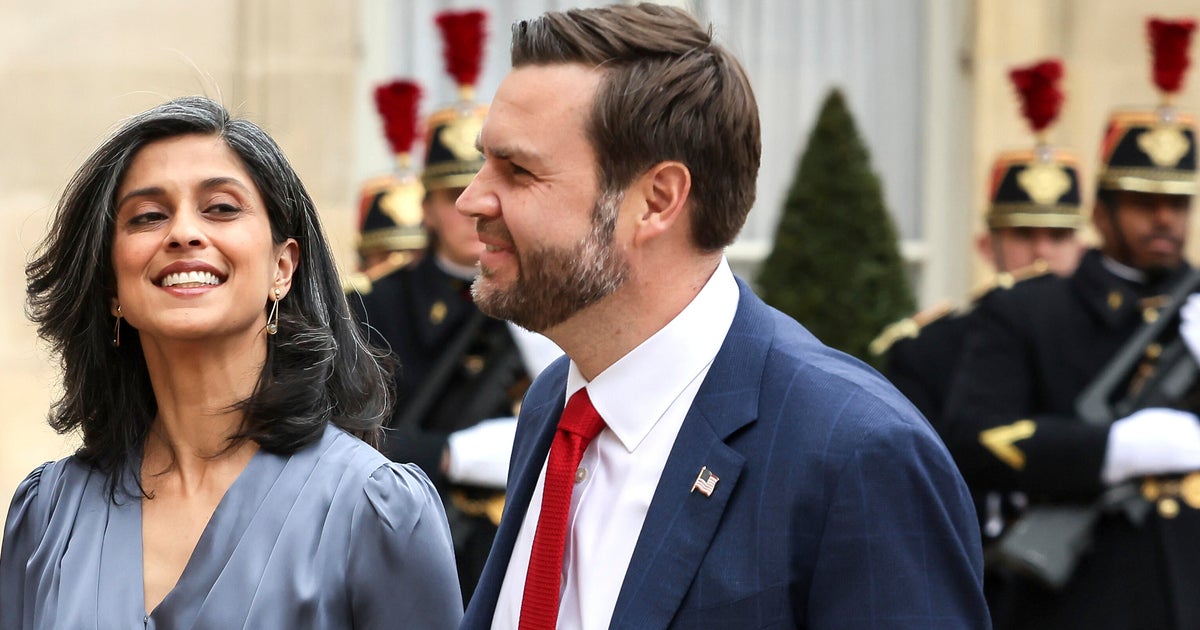Key takeaways:
- Vice President JD Vance’s visit to Greenland, initially planned as a cultural trip, has shifted focus to U.S. policy and defense strategies amidst interest in acquiring the territory, despite local opposition.
- The visit includes a stop at a U.S. military base, emphasizing Greenland’s strategic importance, with Energy Secretary Chris Wright and National Security Adviser Michael Waltz accompanying the delegation.
- Russian President Vladimir Putin has stated he does not oppose President Trump’s interest in Greenland, highlighting historical precedents, as the U.S. seeks to expand its influence in the Arctic region.
Vice President JD Vance is scheduled to visit Greenland on Friday amidst growing concerns and opposition regarding the United States’ interest in the Arctic territory. Originally, the visit was planned as part of an expanded cultural trip led by the second lady, Usha Vance. However, the itinerary has shifted to focus more on U.S. policy and defense strategies. This change comes as the Trump administration expresses interest in acquiring Greenland, a semi-autonomous territory of Denmark, despite resistance from local residents and leaders.
The visit to Greenland includes a stop at a U.S. military base, highlighting the strategic importance of the region in terms of defense and geopolitical interests. Accompanying Vice President Vance and the second lady are Energy Secretary Chris Wright and National Security Adviser Michael Waltz. The delegation’s presence underscores the significance of Greenland in U.S. strategic planning, particularly in the context of Arctic policy.
Russian President Vladimir Putin has publicly stated that he does not oppose President Donald Trump’s interest in Greenland. Speaking at Russia’s Arctic Forum in Murmansk, Putin remarked that Trump’s desire to acquire the territory has historical precedents. This comment comes as the U.S. administration continues to explore options for expanding its influence in the Arctic region, a move that has drawn international attention and debate.
The visit by Vice President Vance and his delegation is part of ongoing discussions about the future of Greenland and its role in global geopolitics. As the U.S. seeks to strengthen its presence in the Arctic, the reactions from Greenland’s residents and international leaders will likely shape the discourse surrounding this strategic interest. The outcome of these discussions could have significant implications for U.S.-Greenland relations and the broader geopolitical landscape in the Arctic.



Be First to Comment